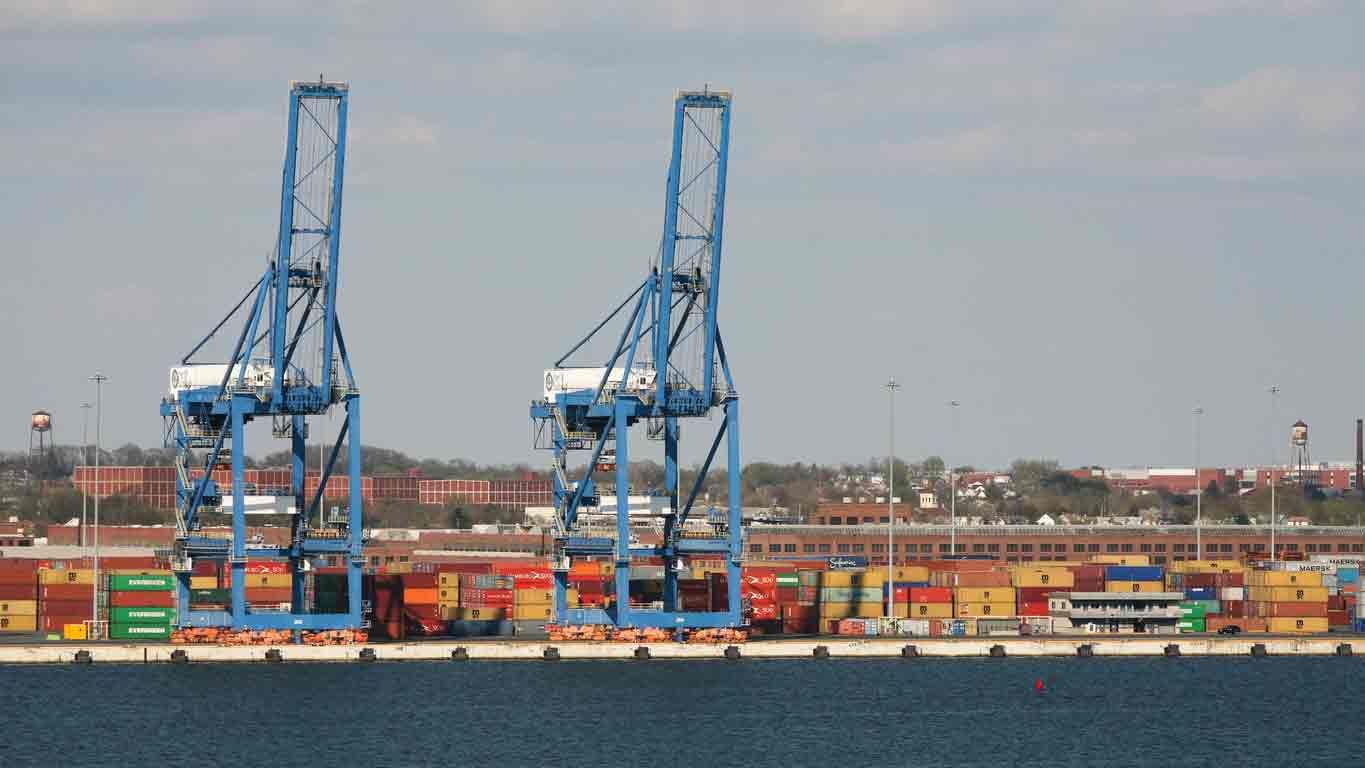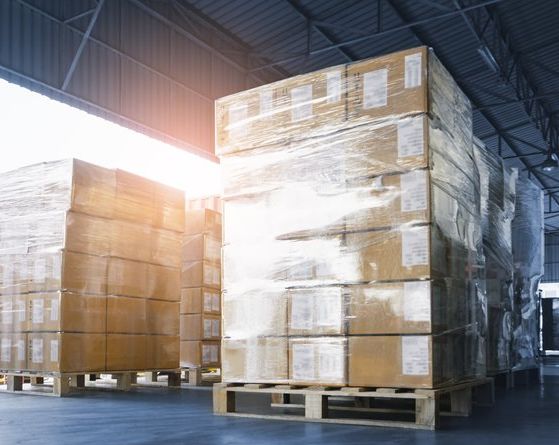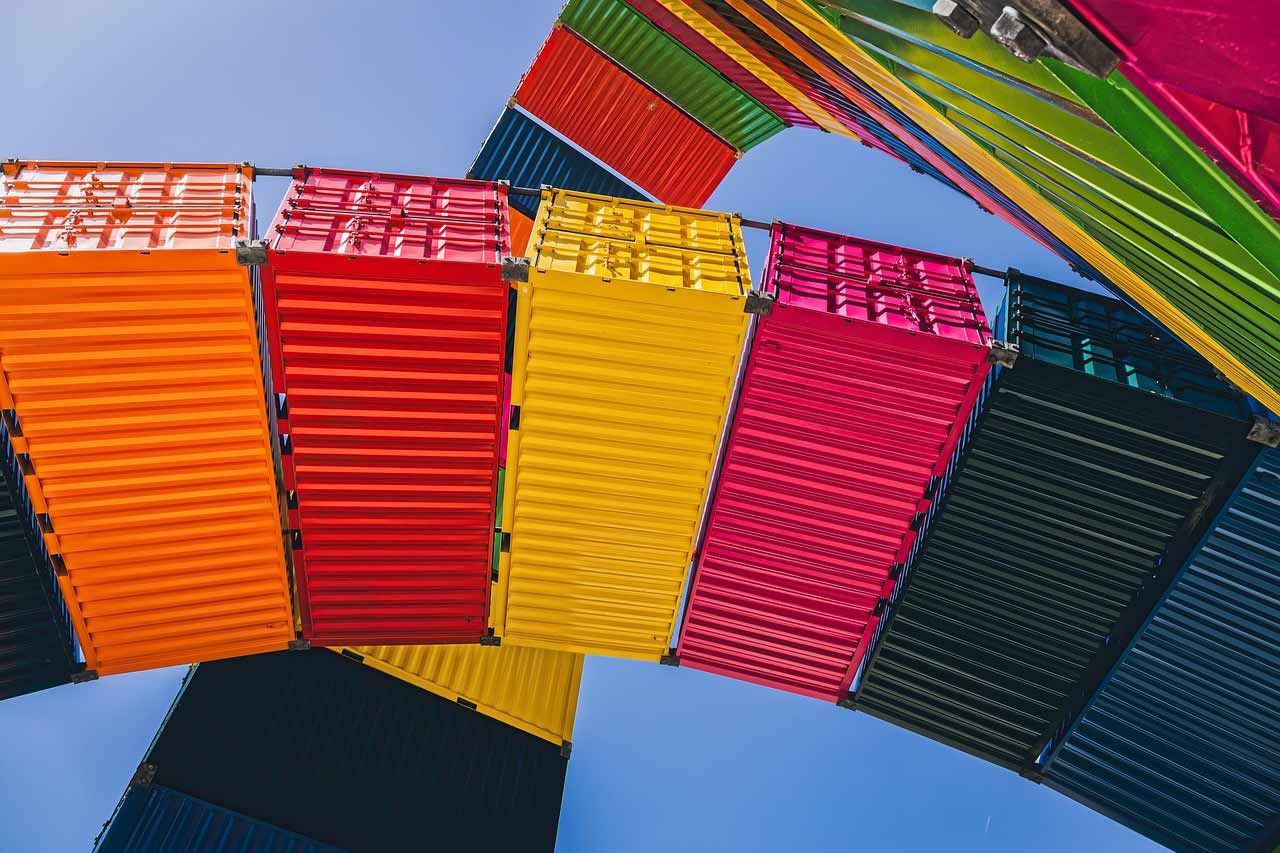Francis Scott Key Bridge Collapses Impact on Transportation Industry
Francis Scott Key Bridge Collapses after Collison with Cargo Ship; Hindering Transportation in the Area

On Tuesday, March 26, the United States awoken to the news of the Francis Scott Key bridge collapse in the city of Baltimore. The bridge collapsed after a cargo ship collided with the bridge around 1:30 AM.
There is still an investigation ongoing on what caused the crash. However, early reports indicate the ship had power failures.
Impacts of the Bridge Collapse Supply Chain
The bridge collapse forced officials to suspend shipping at the Port of Baltimore. According to the Bureau of Transportation Statistics, the Port of Baltimore is ranked 20th of the top 50 US Water Ports by total tons.
Not only does this affect the Port of Baltimore, but also over-the-road operations in Baltimore. Due to safety regulations, Hazardous Freight is not allowed to travel through tunnel bridges. The Francis Scott Key bridge was an important factor in routing hazardous freight through the area. Any shipment being routed with Hazardous Freight will now need to be redirected.
Congestion in the area will also delay shipments travelling in the area. The bridge was a vital part of the Baltimore Beltway. FreightWaves estimated that over 30,000 commuters travelled on the bridge daily. Now the commuters, along with truck drivers, will need to find a new route for daily travel.
Message from TLI
TLI extends it's condolences to the victims of this tragedy. For our shippers, we are committed to keeping up with news related to the tragedy and will continue to route freight as best as possible around the delays.
TLI Insights
Get the latest logistics insights and tips from Translogistics’ award-winning team. Stay ahead in transportation planning.
Questions? Email us at marketing@tli.email



